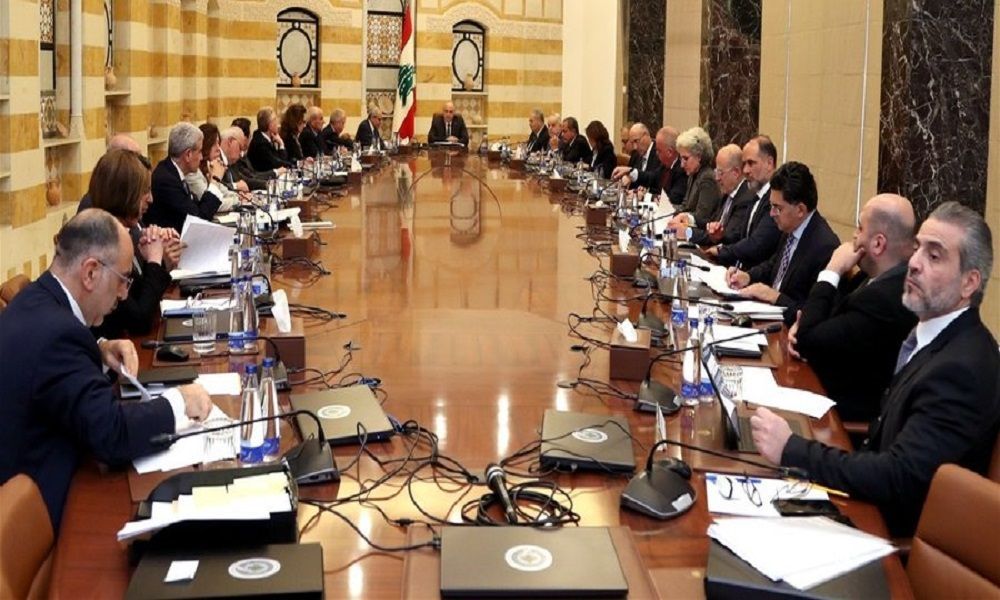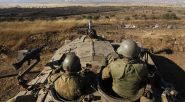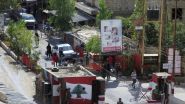
Lebanon’s Cabinet approved the annual extension of the mandate of the United Nations Interim Force in Lebanon (UNIFIL) on Thursday. The decision, made during a meeting at Baabda Palace chaired by President Joseph Aoun, sets the stage for the upcoming UN Security Council vote on renewing the peacekeeping mission for another year at Lebanon’s request.
The session also addressed several critical national issues. President Aoun and Prime Minister Nawaf Salam briefed the ministers on their recent diplomatic visits to Qatar and Syria.
Information Minister Paul Morcos declared that Qatar had expressed willingness to boost investment in Lebanon and is expected to send a delegation next week to discuss energy sector cooperation.
Salam emphasized the urgency of finalizing judicial and diplomatic appointments to reinforce institutional stability. He also announced that a draft law on judicial independence will be included in the agenda of the Cabinet’s next session, as part of broader reform efforts.
On the security front, Minister Morcos reiterated the state’s commitment to extend its authority across all Lebanese territory. He confirmed that the contentious issue of weapons outside state control – implicitly referencing Hezbollah – will be raised in government discussions, as stated in the ministerial declaration.
Industry Minister Joe Issa al-Khoury called for Hezbollah’s disarmament within six months, suggesting that the process could begin with Palestinian camps – an idea likely to stir national debate.
The deployment of the Lebanese Army in the South, under UN Resolution 1701, was also discussed. Morcos noted that the deployment remains hindered by Israeli forces occupying five key positions and ongoing ceasefire violations – reportedly totaling 2,700 incidents and resulting in 180 deaths since the truce took effect in late November.
Morcos also reviewed Salam’s visit to Damascus, where discussions with Syrian President Ahmad al-Sharaa focused on the extradition of suspects in several high-profile assassinations and bombings, as well as issues concerning borders, detainees, Syrian refugees and bilateral agreements.
In a significant development, Lebanon has requested information from Syria about the storage of ammonium nitrate linked to the August 4, 2020 Beirut port explosion, which killed more than 220 people and devastated the capital.



Comments